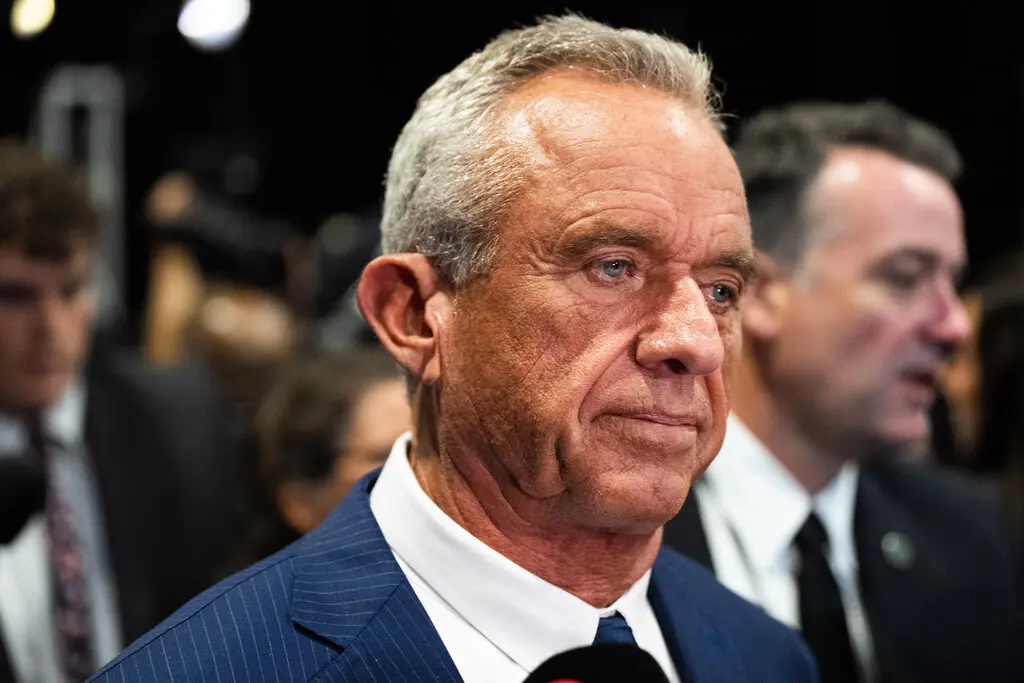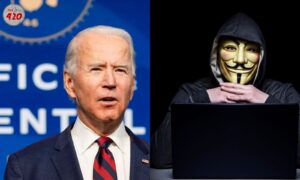
The Supreme Court’s recent decision to uphold Robert F. Kennedy Jr.’s placement on ballots in key swing states Michigan and Wisconsin is reshaping the landscape of the 2024 U.S. presidential election. This ruling, which denies challenges aiming to remove Kennedy from these states, allows the independent candidate to maintain his position, potentially swaying the outcomes in these highly contested regions. The decision comes amid increased voter interest in third-party candidates and signals a shift in the dynamics of this election.
The Supreme Court’s Decision and Its Rationale
The RFK Jr. ballot access decision stems from legal challenges filed by state election officials and advocacy groups, who argued that Kennedy’s placement on the Michigan and Wisconsin ballots would disrupt the traditional two-party voting system. These groups expressed concerns about the potential for Kennedy’s candidacy to siphon votes from either major party, thus altering the balance of the vote in two states known for their close elections.
By declining to hear the challenges, the Supreme Court effectively allows Kennedy to continue his campaign as an independent, clearing a significant legal hurdle. In doing so, the Court upheld the decisions of lower courts, which previously ruled in favor of Kennedy’s ballot access based on state election laws. This move by the highest court signals an affirmation of third-party rights in the U.S. electoral system, where independent candidates often face significant obstacles.
Why RFK Jr. Ballot Access Matters
Robert F. Kennedy Jr. is running as an independent after a high-profile departure from the Democratic Party, a move that has attracted a considerable base of supporters who feel disenchanted with both major political parties. With his reputation as an environmental advocate and public health critic, Kennedy appeals to a diverse set of voters, including those who might otherwise vote Republican or Democratic.
Swing States and the Impact on Electoral Strategy
Michigan and Wisconsin are both battleground states with a history of tight races. In 2016, President Donald Trump won both states by narrow margins, contributing significantly to his electoral college victory. In 2020, President Joe Biden reclaimed these states, albeit by similarly slim margins. Given the influence of these states on the electoral outcome, RFK Jr. ballot access has raised concerns that his candidacy could pull critical votes from one or both major parties.
Potential for Vote Splitting
Political analysts are now debating how Kennedy’s presence on the ballot could impact the 2024 election results. Some suggest he may appeal to disaffected Democrats and Republicans, creating the possibility of vote splitting. While it remains uncertain which party would suffer most, some Democratic strategists are concerned that Kennedy’s environmental advocacy and stance on medical freedoms may resonate with left-leaning voters, potentially weakening Biden’s position in these states.
RFK Jr. and the Third-Party Movement
Kennedy’s campaign has sparked renewed interest in the role of third-party candidates in American politics. As trust in the two-party system wanes, candidates like Kennedy gain appeal among voters who seek alternatives to mainstream politics. The RFK Jr. ballot access decision could set a precedent that supports third-party candidates in gaining access to ballots, even in highly contested states.
Third-Party Challenges in U.S. Elections
Historically, third-party candidates have struggled to gain traction in U.S. elections due to a variety of systemic challenges. Ballot access laws vary by state, often creating complex and expensive processes for independent candidates. Furthermore, the two-party system is deeply entrenched in the American political framework, with third-party candidates rarely receiving media coverage or inclusion in presidential debates.
However, Kennedy’s campaign has managed to overcome some of these obstacles, thanks in part to high-profile support and a substantial campaign infrastructure. His focus on issues that resonate with voters across the political spectrum has helped solidify his position as a viable candidate. The Supreme Court’s decision to allow Kennedy on the Michigan and Wisconsin ballots may encourage more independent candidates to pursue the presidency in the future.
The Political Landscape: Public Reaction and Voter Sentiment
The RFK Jr. ballot access decision has elicited varied reactions from the public. Supporters of Kennedy argue that his inclusion on the ballot strengthens democratic choice and provides a voice for voters who feel alienated by the major parties. Many Kennedy supporters cite his advocacy for individual freedoms and environmental issues as reasons for their support.
Conversely, some critics worry that Kennedy’s candidacy could have a “spoiler effect” by dividing the vote and skewing the results. They argue that his candidacy may ultimately disadvantage the candidate whose views align most closely with his own, potentially handing the election to the opposing party.
A Growing Demand for Political Diversity
Kennedy’s continued presence on the ballot highlights a growing appetite for political diversity in the U.S. Many voters today are increasingly frustrated with the binary choices presented by the Democratic and Republican parties. Third-party and independent candidates are gaining traction as Americans seek alternatives that reflect a broader range of perspectives and priorities.
Kennedy’s campaign is part of a larger movement that includes candidates like Dr. Cornel West and Jill Stein, who have also expressed dissatisfaction with the current political establishment. This trend reflects a potential shift in American politics, where independent voices are finding room to thrive despite the barriers traditionally placed before them.
Legal and Electoral Implications of the RFK Jr. Decision
The Supreme Court’s decision to uphold RFK Jr. ballot access in Michigan and Wisconsin could have significant legal and electoral implications. By supporting the rights of independent candidates to be included on state ballots, the Court has sent a clear message about the importance of voter choice. This ruling may encourage state legislatures to reconsider restrictive ballot access laws that disadvantage third-party candidates.
Potential Precedent for Future Elections
While the ruling applies specifically to Kennedy’s 2024 campaign, it could serve as a precedent for future independent and third-party candidates. Legal experts suggest that the decision may set a standard that strengthens ballot access protections for candidates outside the two-party system, potentially reshaping the legal landscape of U.S. elections.
The Road Ahead for Robert F. Kennedy Jr.
With RFK Jr. ballot access secured in two critical swing states, Kennedy’s campaign is likely to intensify its efforts in Michigan, Wisconsin, and other battleground regions. His platform, which emphasizes issues such as individual liberties, environmental responsibility, and medical freedom, appeals to a unique coalition of voters.
Campaign Strategy in Key States
Kennedy’s campaign will likely focus on grassroots efforts in Michigan and Wisconsin to mobilize independent-minded voters who may not typically engage in the electoral process. His strategy emphasizes in-person events and social media outreach to engage voters directly and present his message without relying on traditional media channels. By maintaining a strong presence in these key states, Kennedy hopes to position himself as a genuine alternative to the mainstream candidates.
Conclusion: The Future of Independent Candidacies
The Supreme Court’s ruling to allow RFK Jr. ballot access on key state ballots underscores the evolving nature of American elections and reflects the public’s growing desire for a more inclusive political process. As Kennedy’s campaign continues, his impact on the 2024 election remains uncertain, but his presence on the ballot could prove consequential. Whether his campaign ultimately shifts the outcome of the election or simply underscores voter discontent with the two-party system, Kennedy’s candidacy highlights the importance of maintaining open, accessible ballot processes for all candidates.
With ballot access secured in Michigan and Wisconsin, Robert F. Kennedy Jr. has set the stage for a potential transformation in American politics—one that could pave the way for future independent candidates seeking to provide new choices for American voters.
image credit – Graham Dickie/The New York Times


